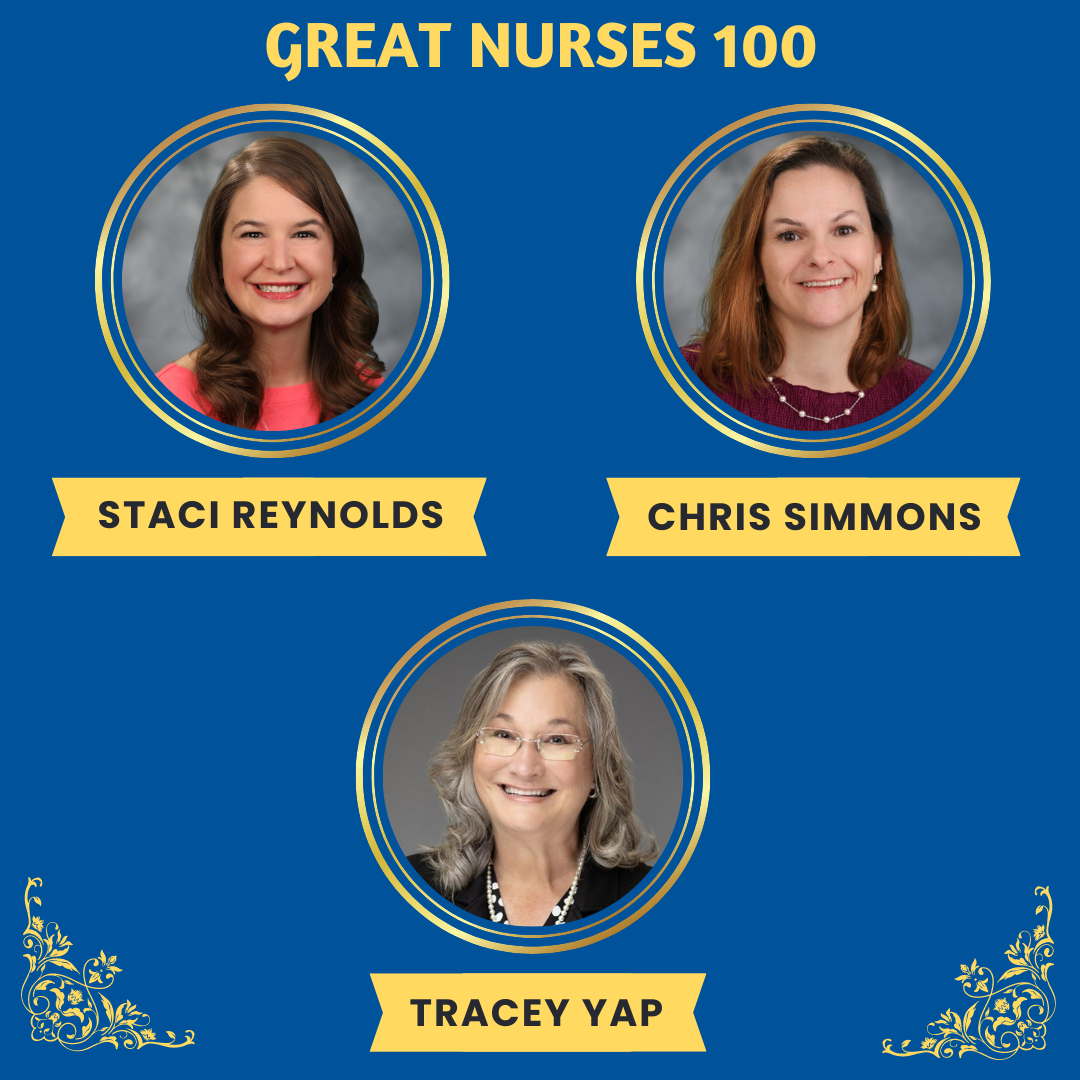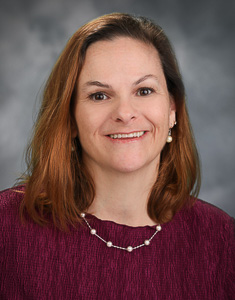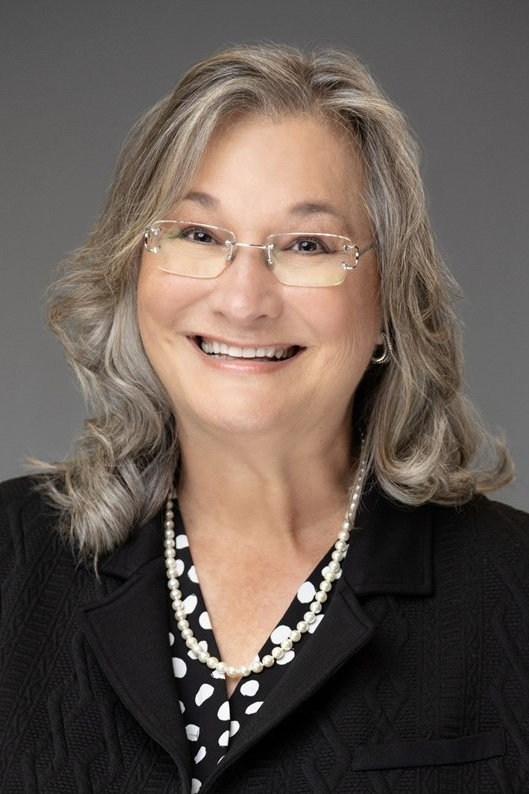Faculty Lauded for Nursing Excellence with Great 100 Nurses Recognition
Staci Reynolds, Chris Simmons and Tracey Yap recognized for nursing excellence.

Three faculty members have been recognized for their nursing excellence and contributions as 2022 recipients of the Great 100 Nurses recognition. The faculty members are: Staci Reynolds, PhD, RN, ACNS-BC, CCRN, CNRN, , CPHQ, associate professor and coordinator of the DANCE academic-practice partnership; and associate professor; Chris Simmons, DNP, CRNA, CHSE-A, FAANA, FAAN, program director, Nurse Anesthesia-DNP program, and associate professor; and Tracey L. Yap, PhD, RN, CNE, WCC, FGSA, FAAN, associate professor.
The three faculty members join 97 other nurses throughout North Carolina who were nominated based off their meritorious displays of professionalism, integrity, commitment, caring, and dynamism. Valerie K. Sabol, PhD, MBA, ACNP, GNP, ANEF, FAANP, FAAN, interim vice dean, academic affairs, and professor, nominated the Duke School of Nursing recipients. This year's recipients will be celebrated in October at a black-tie gala in Greenville.
Staci Reynolds
As a mentor, educator and a Duke Health clinical nurse specialist (CNS) in infection prevention, Reynolds works diligently to ensure that nurses have the knowledge, skills and resources to consistently provide optimal, evidence-based care.
“I feel very grateful for having received this award,” she said. “I’m thankful for the opportunity to serve DUSON and the Duke Health System, and I appreciate the support and recognition from the Great 100.”
Since Reynolds’s CNS role focuses on patient safety and quality improvement, she’s actively involved in numerous hospital initiatives and networks with hospital leaders. It was because of her above-board approach to her CNS role that she was able to successfully mentor leaders and guide a massive health systemwide initiative to implement chlorhexidine gluconate (CHG) bathing in 24 non-ICU units. The implementation was aimed at reducing the spread of infections within the hospital. This project was a part of the post-DNP Quality Implementation Scholars Program, for which Reynolds is the lead faculty and mentor.
Reynolds was hands-on throughout the entire process, from collaborating with nursing leadership, supply chain and materials management to making sure the right number of CHG cloths were ordered and distributed, to helping deliver and install the cloth warmers across the units, and to collaborating with the clinical education department on patient and staff education. After the implementation, she would follow up with the units through monthly audits and then provide her findings individually to the units.
Central line-associated blood stream infection rates within the units decreased 24.6 percent with a savings of $796,400.
Chris Simmons
An international clinical and simulation expert, Simmons has taught thousands of anesthetists, registered nurses, nurse anesthesia students and other ancillary providers in the perioperative environment. She was the first CRNA in the world to become a Certified Healthcare Simulation Educator-Advanced (CHSE-A).
Her international impact includes creating a low-cost device with sustainable resources for a university-based nurse anesthesia program in Tamale, Ghana. Before departing to Ghana, she outlined the plans and goals for the advanced practice nursing students on the team and mentored them before and during the trip. While there, she taught Ghanaian anesthesia providers how to recognize and manage a patient with a difficult airway. Simmons used deliberate practice to teach providers the skills needed to perform a needle cricothyrotomy and retrograde wire intubation. This practice instilled the confidence needed to perform these skills and train other colleagues across Ghana. Simmons also helped Ghanaian faculty incorporate simulation into the curriculum and taught them simulation best practices.
“What an absolute honor to be nominated and named among the Great 100 Nurses of North Carolina,” she said. “As a recipient of this award, it represents all who contributed to my nursing and nurse anesthesia career.”
Tracey Yap
A bedside nurse, nurse scientist and educator for 25-plus years, Yap applies her insights toward conducting research that forms tangible solutions to real clinical problems — solutions that impact nurses daily. Her nurse-led research is targeted specifically on improving practice, care delivery, and care outcomes in the area of pressure injury prevention. Pressure injuries can lead to septic infections, chronic wounds, amputations and, even, premature death.
For almost six decades, it has been a traditional practice that patients be turned or repositioned every two hours. Abiding by this principle disturbs the patient while putting the nurse at risk for back injury and causing them to expend time that could be applied toward other tasks. Backed by almost four million in federal funding, Yap and team have conducted extensive research attempting to understand and improve care delivery related to pressure injuries.
The latest study was a randomized control trial that used wireless sensor monitoring system on residents living in nine nursing homes to examine if repositioning could safely be extended to every four hours instead of every two hours. The monitoring system would automatically record a resident’s position and movement every 10 seconds and would alert the nurses when resident repositioning was required. After the trial concluded, no facility reported a single pressure injury developing.
Alumni
Several Duke School of Nursing alumni were recognized as Great 100 nurses: Kayla Atkinson, BSN’13, Mary Knowlton, MSN’99, Krista Rowe Nichols, MSN’05, April Schultz, BSN’06, Carmen Shaw, DNP’16, and Nancy Smith, MSN’95; Simmons earned her DNP from Duke in 2011.


